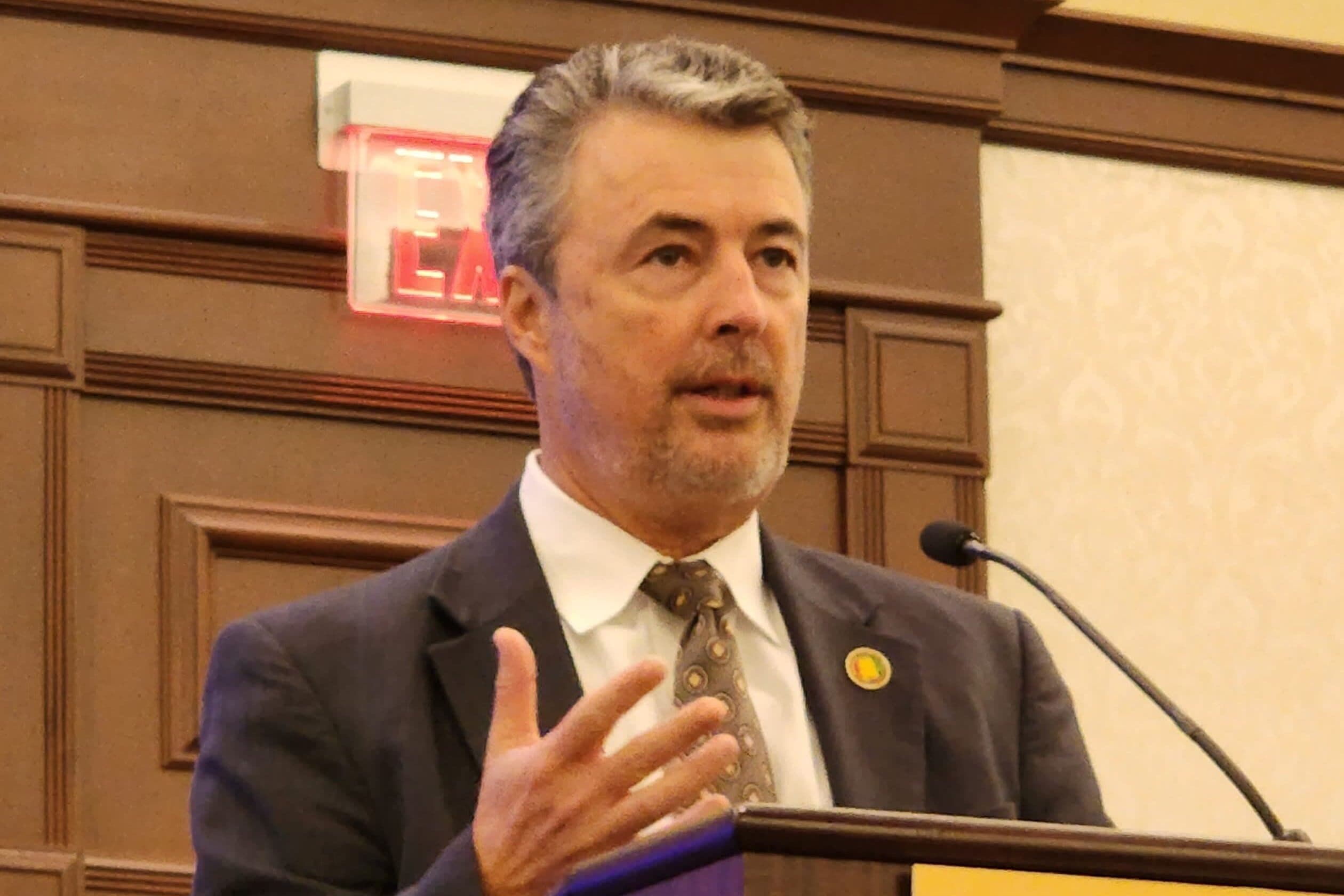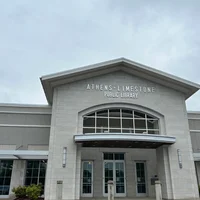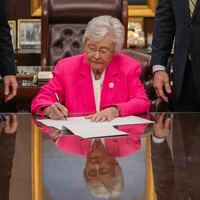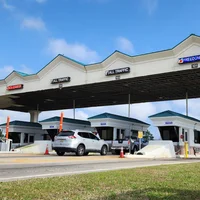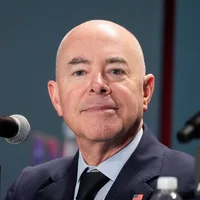MOUNTAIN BROOK — Alabama Attorney General Steve Marshall spoke at the “Stop Judging; Start Healing” summit on Thursday to address the recent opioid settlement money obtained by the state from pharmaceutical companies that plaintiffs argued fueled the deadly opioid epidemic.
The summit is an effort of VitAL, which aims to help friends, family and medical professionals speak more effectively about people with mental illnesses and substance use disorders.
Marshall said the opioid and mental health crises are personal to him.
Marshall lost his wife to suicide in 2018. He said doctors had prescribed her “significant amounts of opioids” to deal with her chronic health problems, even fentanyl.
“What I saw was … a woman who understood she had a problem … and she worried that somebody else would say something because she saw that as a sign of weakness,” Marshall said.
The opioid crisis in Alabama has been especially severe. A report conducted between November 21, 2021, and November 20, 2022, named Alabama the state with the seventh-highest non-fatal opioid overdose rate in the country.
In October 2022, 1819 News investigated the prominence of opioid overdoses in Alabama. 1819 News found that opioid overdose deaths rose sharply in 2016, according to the Alabama Opioid Overdose and Addiction Council. The numbers trended downward for the next four years until sharply increasing again in 2020. Overdoses hit an all-time high in March 2021, reaching 474.
Nevertheless, a more recent report by the Alabama Board of Medical Examiners claimed that physicians reduced the number of opioid prescriptions in the state by 41.6% from 2012 to 2021. The dosage strength of opioid prescriptions also fell 52.7%, but prescriptions of the opioid antagonist drug naloxone rose 851%.
Naloxone is used to reverse the effect of opioids to counter a potential overdose. The Alabama state health officer issued a standing order for naloxone in 2017.
According to a report specific to Jefferson County, preliminary evidence suggests at least 417 people died from overdoses in the county in 2022. At least 356 were due to opioids, the majority of which involved fentanyl.
Also, in 2022, a student passed away in the cafeteria of Selma High School. A toxicology report confirmed that he had hydrocodone and fentanyl in his system.
Alabama is among several states that have sued pharmaceutical companies over the last decade. As a result of the settlements, Alabama has been rewarded $276 million.
Unlike attorneys general in other states, Marshall filed independent lawsuits against opioid companies like Endo Pharmaceutical, McKesson, and Johnson & Johnson. He could have joined a joint settlement against the companies but would have brought back less money for the state.
According to reports, some of the money must be used for a specific purpose. At least 70% of the money must go to preventing a future opioid addiction outbreak, and 15% can cover the costs already inflicted on the state.
“If we’re going to distribute that amount of money, let’s target it in places that need it the most,” Marshall said. “... The money that’s coming into Alabama, it’s really going [one of two directions]. One is Montgomery, to be allocated by the Legislature. The other is going to our cities and counties across Alabama to be able to deal with the issues at hand.”
Marshall said he wants the money to be used to address the opioid epidemic in Alabama communities, particularly by addressing addiction.
Some state agencies, such as the Alabama Department of Child Abuse and Neglect, the Alabama Department of Forensic Sciences and the Office of Prosecution Services, have already received money from the settlement.
Alabama Gov. Kay Ivey is expected to make suggestions about how to allocate more of the money when she proposes a budget to the legislature in the coming legislative session.
Marshall said that he hopes Alabama can make good use of the money while they have it because it won’t last forever.
“There’s more to come, which is the good news,” Marshall said. “… But at some point and time, this is going to go away, and it’s a question of whether or not we use it wisely to make a difference in the communities around the state.”
To connect with the author of this story, or to comment, email will.blakely@1819news.com or find him on Twitter and Facebook.
Don’t miss out! Subscribe to our newsletter and get our top stories every weekday morning.


